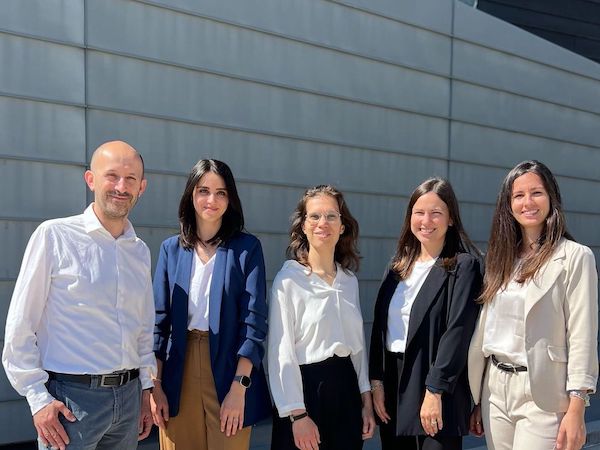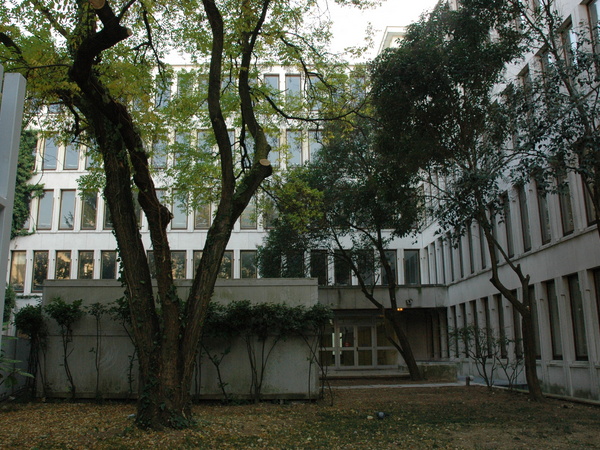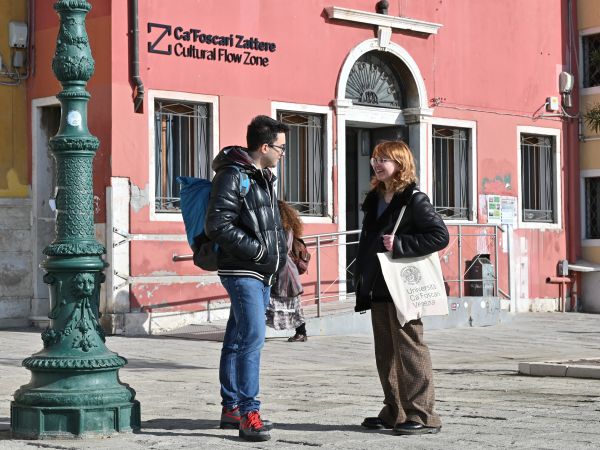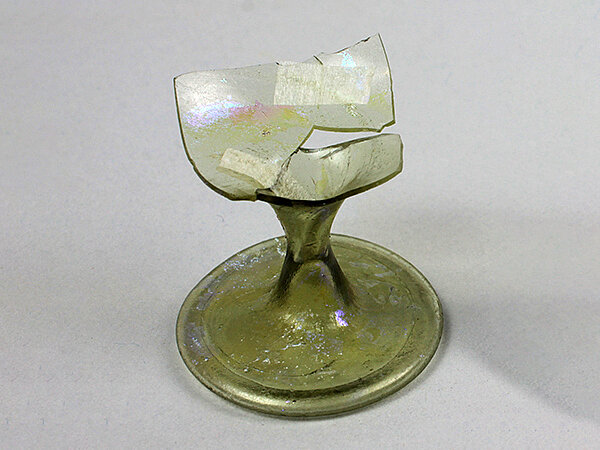Biomolecules from yeast for innovative drugs: the Arzanya spinoff

The recent health emergency has emphasised the need for the development of advanced technologies to quickly identify new-generation drugs that are safe, affordable, and have a reduced environmental impact.
The Ca' Foscari spinoff Arzanya was established specifically to address the emerging needs of the healthcare system and pharmaceutical companies. It offers an innovative solution for identifying biomolecules and has the ability to translate biotechnological research into practical outcomes for human well-being.
The concept behind Arzanya, a predominantly female-led initiative, was born in the laboratory of Alessandro Angelini, a Biochemistry Professor in the Department of Molecular Sciences and Nanosystems, and the Chief Scientific Officer of the spinoff. "After returning from the United States, Professor Angelini continued his biotech and pharmaceutical career in Italy, conducting research which is at the core of Arzanya in collaboration with Sara Linciano," explained Zhanna Romanyuk, a PhD student in Science and Technology of Bio and Nanomaterials and a founding partner of the startup. "Since then, additional team members, including myself and Ylenia Mazzocato, who is currently completing her PhD in Professor Angelini’s lab, have joined the research team. From the outset, the experimental data has validated the quality of our work, prompting us to consider transitioning the research from academia to industry."
Thanks to the expertise of PInK, the University's Technology Transfer Office, which oversaw the entire accreditation process, the team was able to create a university spinoff, establishing itself as an innovative start-up. But what is the biotechnology platform behind Arzanya? "By platform, we mean a set of technologies that we execute experimentally in the laboratory. The process has been optimised over the past six years and allows us to develop and characterise innovative biomolecules that can be used for therapeutic purposes."
Arzanya's biomolecules have reduced toxicity compared to chemically synthesised molecules like chemotherapeutics, which often have major side effects. These biomolecules also offer high stability and lower production costs, making them more affordable than current biological drugs. “We create these biocompatible molecules using a biotechnological process that involves optimising common bread yeast in the laboratory to generate up to a billion different biomolecules. Through innovative combinatorial techniques, we identify and characterise biomolecules with the specific qualities we need for a targeted purpose.”
Ca' Foscari has recently filed a national patent application based on the results of this research. The university is currently in negotiations to transfer the patent to Arzanya, which will be responsible for refining the process further and bringing it to market.
The platform has the potential for several future developments, one of which is the integration of artificial intelligence. Although this integration has not yet occurred, one significant advantage of our technology is the ability to gather all the information produced at each stage and utilise it in a machine-learning model. Our system generates a substantial amount of data for each type of biomolecule, which could be leveraged by an algorithm to identify the optimal solution for the initial query.
The number of women in STEM has significantly increased over the years. However, very few organizations are predominantly made up of women like Arzanya. “There is still a lot of room for development in this field, both for academia and for business, yet even though we were mostly women in the laboratory, the path to achieving roles similar to those held by men is longer and filled with more obstacles.
By founding a spinoff, we have observed that there are several special opportunities offered to women. This is because society is well aware of the challenges that young female scientists face in the field. We hope, in our own small way, to set an example and show that young women can succeed in the world of STEM and entrepreneurship too."
Arzanya recently received the Luciano Miotto Special Prize for Female Start-ups, established to valorize female entrepreneurial excellence and awarded to young companies whose core is at least 60 percent female.
The spinoff also faces another important challenge: local employment. Working in biotechnology, a niche sector that is still underdeveloped in Italy, many colleagues have had to move abroad to pursue a career in this field. With our startup, we aim to create fair, inclusive, and locally connected employment opportunities in the hope of addressing the 'brain drain' phenomenon that often affects our country.”
Arzanya's focus on this theme led to their victory at the BCC Innovation Festival 2023. The festival rewards innovation and the pursuit of the UN 2030 Agenda goals, which underlie the Banca Iccrea initiative. As a result of the award, the Ca’ Foscari spinoff team participated in a three-month development and acceleration course. This provided them with the opportunity to present their business idea to potential investors and to meet international stakeholders to establish a network of relationships to support their growth.
On 29th May 2024, the Arzanya team participated in the Ca' Foscari Demo Day [ITA] along with 12 other groups. The event, organised by the PInK Office, aimed to present entrepreneurial projects from the University to local incubators, accelerators, and investors. This initiative, part of the 2024 programme of the MOSAICO Ca' Foscari Innovation Network [ITA], showcased the work of professors, researchers, spin-offs, and students from nearly all departments.










